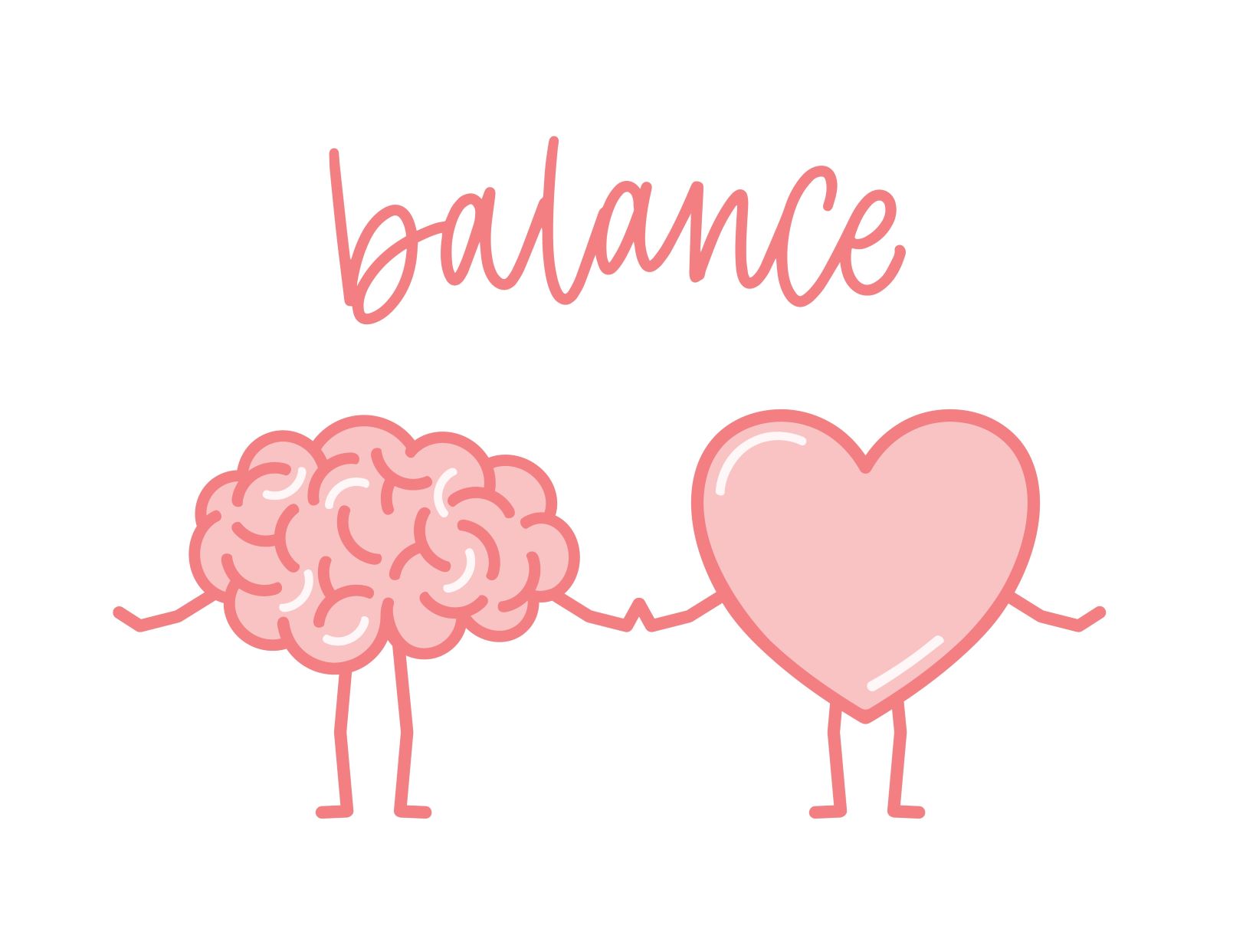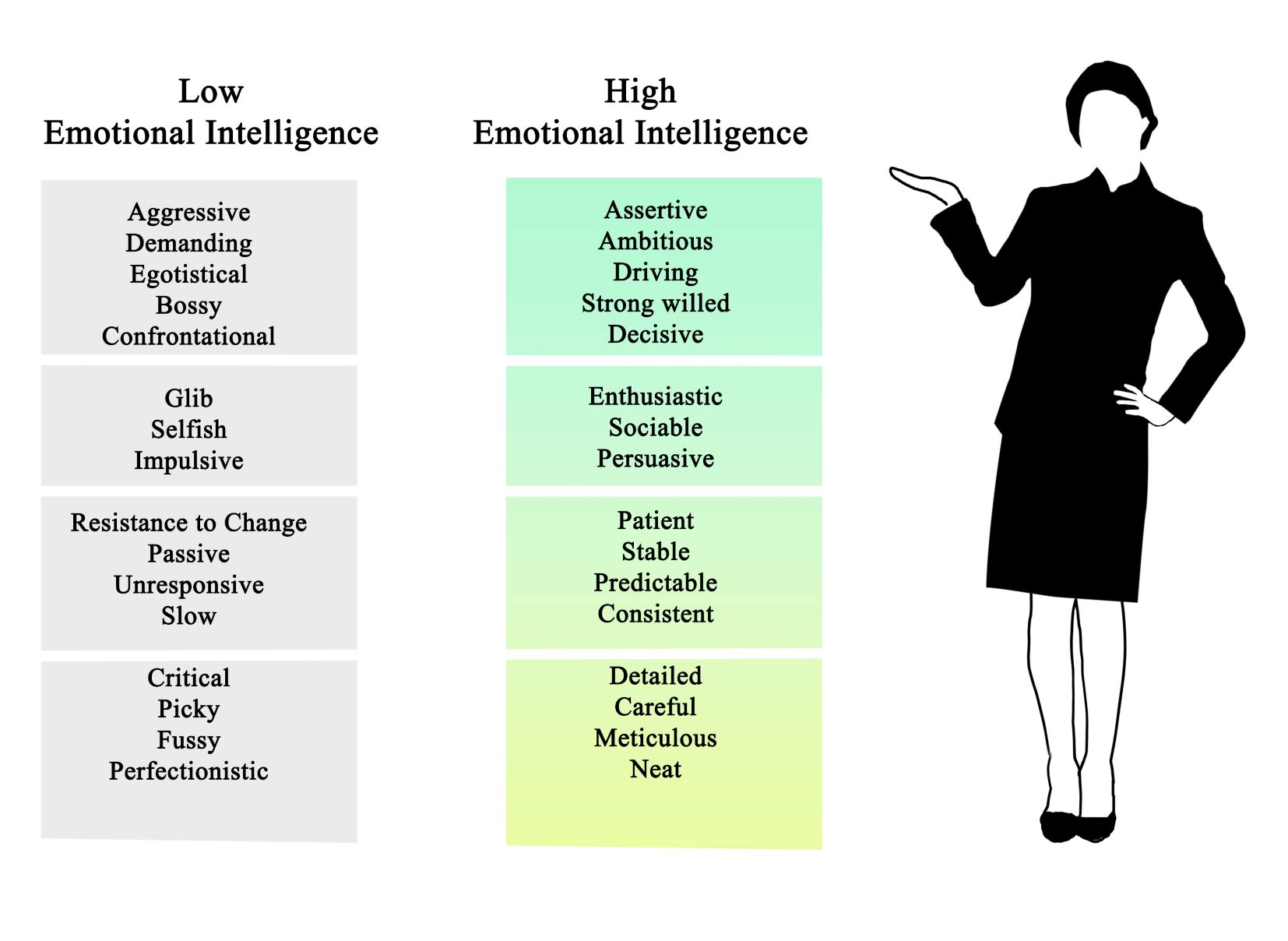How to improve Your EQ

Emotional Intelligence (EQ): What is it?
Knowing one’s emotions and recognizing a feeling as it happens is the key to understanding ourselves, understanding our feelings, and understanding why we do the things we do. When we know ourselves, when we understand our thoughts and emotions, we are more able to keep them in check. An inability to notice our feelings leaves us at their mercy.
“Out-of-control emotions can make smart people stupid,” says Psychologist Daniel Goleman and author of Emotional Intelligence: Why It can Matter More Than IQ.
Our emotions guide us. They help us in facing tasks too important to leave to intellect alone. They help us make difficult decisions, build a career, form relationships and persist toward a goal despite frustrations and obstacles.
“In a very real sense, we have two minds, one that thinks (IQ) and one that feels (EQ),” writes Goleman. Neither work alone. They work in tandem. Although cognitive abilities are significant, studies show that of the two, emotional intelligence adds far more of the qualities that not only make us human but help us become more successful in learning new things like trading, for example.”
People with a high EQ are better at:
- self-control and self-discipline
- zeal and persistence
- and the ability to motivate oneself.
Deficiencies in emotional intelligence heighten a spectrum of risks including:
- Impulsivity
- Bad decisions
- Not achieving your goals in life
- Worry
- Anger
- and even depression.

So how does one improve their EQ? Here are a few suggestions:
- Notice your emotions and recognize a feeling as it happens. This way you will be better able to regulate them.
- Delay gratification and manage distractions and disruptive impulses that can lead to poor choices.
- Take responsibility for your own thoughts to help to help better manage and regulate your feelings, and behaviors.
- Be innovated and open to new ideas. Be more flexible when life changes.
- Operate from a place of integrity. In other words, align your thoughts, and actions with your goals.
- Pursue goals despite obstacles and setbacks. If you have been knocked down 1000 times, get back up 1001 times.
- Find your flow; fully immerse yourself in a project, stay focused and enjoy the process.
- Stay optimistic. Hope in the future helps lead one to their goals in life.
- Listen carefully to others and ask brilliant questions. You are always learning.
- Put yourself in other people’s shoes. Empathy s key to understanding not only others, but yourself.
- Collaborate, cooperate and inspire.
- Be a catalyst for change.